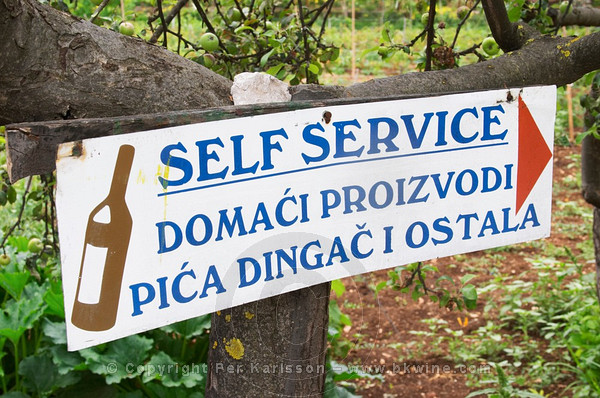Here’s a question I just had from a friend when I told him that by using Creative commons he is loosing too much control of his images:
“You say I shouldn’t use Creative Commons, but what do you suggest I do instead?”
The first thing to think of is: “Why would you want to use Creative Commons at all?“
The answer to that is often: “Because I want to allow people to use my images on their personal blogs or sites.”
But here are some issues with Creative Commons:
- It is a blanket permission that extends to every single person on the planet
- It is perpetual
- You cannot revoke it; once you have assigned CC on an image, or text, it is there forever, you cannot change it

Many people chose to assign CC for “non-commercial” use. There is one more issue with that. It is easy to think that “non-commercial” means for situations when there is no profit motive what so ever involved. But that is not necessarily true. In photography “commercial” generally means “advertising”.
What the Creative Commons license means with “non-commercial” is not clear; it is a vague term that is not well defined. It is, in the end, something that will have to be interpreted by a court of law if a dispute comes along.
What? “Non-commercial”?
But let’s look at non-commercial from the standpoint of “not used to generate any income” which is probably what most people think it means in Creative Commons.
Is a personal blog/site with no advertising non-commercial?
Yes, perhaps. But what if the blog is used as a communications platform for a journalist to show what he does? A show case of what he does. It is a marketing tool that is used to generate new business opportunities. Or at least, that is a very natural interpretation of it. Then it is again a tool to generate income.
What if the blog/site has advertising, e.g. GoogleAds?
Then there is a more explicit money-making objective with the blog (although it will only bring in pennies). But it seems that from a Creative Commons perspective this is considered “non-commercial”. In other words, it is (probably) OK to use pictures under “non-commercial use” CC license to illustrate an article on an ad-supported blog. So, you can create editorial contents and illustrate it with “CC non-commercial”, but still have some kind of revenue generating activity with ads.
What if it is in a newspaper?
The situation is not very different from the ad-supported blog: the text is news reporting and the image is used as illustration for the text. So it could very well be that it is OK to use a 2CC non-commercial” image in such a case. Without payment to the photographer. If this is really the case I do not know; that may be for courts to decide. But surely the photographer will have a less strong case if the image is under CC if it ever comes to a conflict with the newspaper/magazine.
The question: what do I suggest?
Here is my recommendation:
Do not use Creative Commons. Instead, use traditional Copyright.
You have copyright automatically, you don’t need to do anything to have it, unless you relinquish it with CC or give it up in some other way.
And then add whatever terms and conditions that you want.
If you want to allow people to use the images on their personal blogs, then just say so: “All images copyright John Doe, images may be used on personal blogs”
Or even better, say something like this: “You are free to use my images on personal blogs, provided you ask my permission in advance.”Actually, isn’t that really a very reasonable request? If someone wants to use your pictures, is it not showing at least a minimum of respect towards the photographer to actually first ask his permission? If you use Creative Commons there is no requirement to ask permission. Anyone can just take it and you will never know.
Or if you do not like the hassle (?) of approving requests for use then you can even say: “you can use it provided you send me a link to where you use it afterwards”.
And you can do even better if you want: “you are free to use my images on personal blogs provided you link back to my blog”. A great way to generate backlinks and improve your search rankings.
You can not do any of that with Creative Commons.
Or you can set any other conditions or requirements that you want. It is entirely up to you. With Creative commons you it is not.
And you will know who uses your images and where. You can never really know that with Creative Commons. Which also means for example that if The Huffington Post, that is not a personal blog, or the regional newspaper, that is not a personal blog, use your image, then you can charge them for it.
I find it difficult to see what the point of Creative Commons is unless your view is that you are just happy with having as many people as possible use your images for free and only care about a credit line but never about intellectual property or payment.
Here’s some more reading on the subject by John Harrington: Digital PhotoPro spreads misinformation about Creative Commons, free use and stolen images. John Harrington is also the author of the excellent book Best Business Practices for Photographers.
